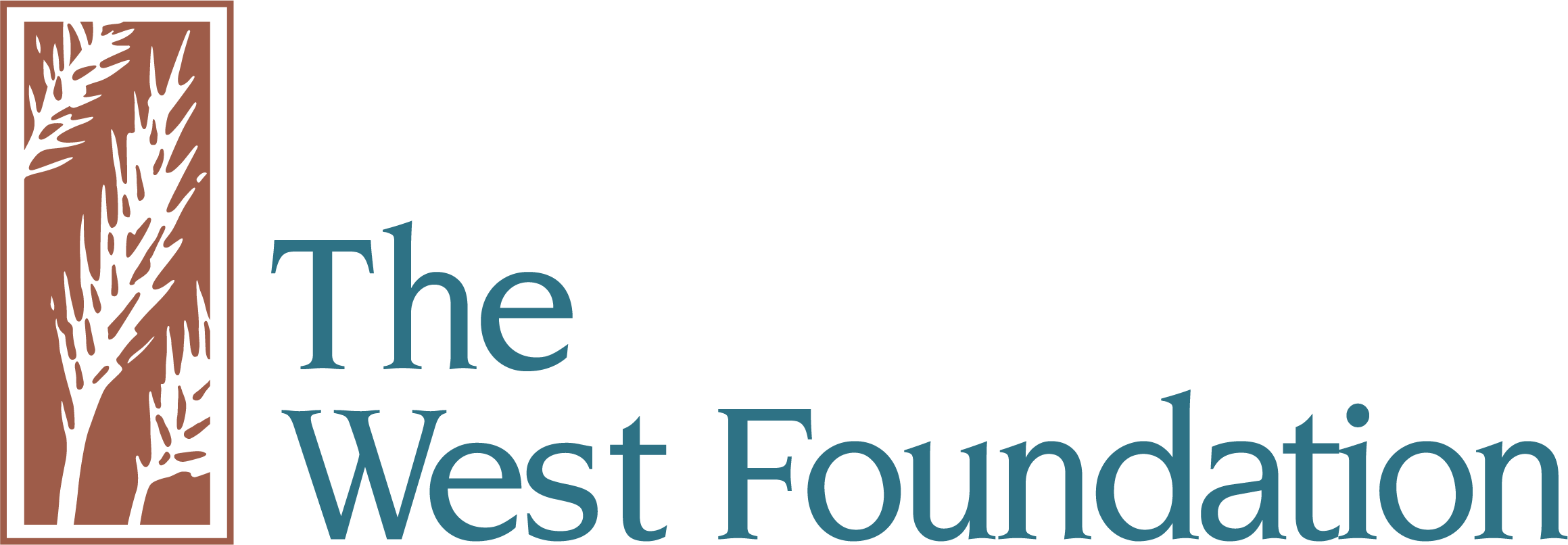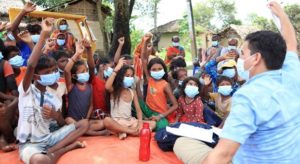The West Foundation’s Impact on READ Global
Learn how READ Global is taking a community-led approach to crisis response.
((From contributing writer: Sanjana Shrestha, Executive Director, READ (Rural Education and Development) Global))
Since 2012, The West Foundation has been supporting READ Global and championing community development in South Asia. READ (Rural Education and Development) Global empowers hard-to-reach areas in Bhutan, India, and Nepal by taking a community-rooted approach, which centers on working with local leaders to create and manage community-owned library and resource centers called READ Centers. The Centers provide access to information, training, and resources that open doors to social and economic opportunities and provide a platform for individuals, including girls and women, to step into leadership roles. Because the Centers are locally-owned and managed, community members are key players in determining the programs offered; driving decisions to solve shared problems; and addressing their own evolving needs, especially in response to crises.
During times of crisis—from the devastating 2015 twin earthquakes that rocked Nepal and annual flooding to the COVID-19 pandemic—READ Centers have promoted the advantages of community development and have succeeded where larger international aid organizations have struggled. With communities facing different and constantly evolving needs and shortages, READ Centers have been able to customize and pivot their responses to best help the citizens they serve. For instance, during the 2021 planting season, small-scale farmers in some communities were hit by financial hardship due to lockdowns, putting their survival and economic stability at even greater risk. As a result, they were unable to purchase the fertilizers desperately needed for a successful growing season to ensure food security not only for their families, but for their villages as well. Seeing this on the ground, READ Centers quickly diverted resources for this critical need. Generous support from organizations such as The West Foundation allow for this flexibility and community-led response.
As COVID case numbers in Nepal decrease, Centers are continuing to evolve their response, focusing on building community resilience and ensuring that inclusive recovery reaches those who need it most. For example, Tech Age Girls (TAG), offers holistic leadership skills training to young women, providing them access to mentors, skills training, and leadership opportunities to help them shape future community development and ensure that a range of voices are heard in the creation and implementation of local development strategies. TAG participants are also playing a lead role in COVID-19 response such as conducting awareness campaigns on COVID-19 and sanitation and distributing essentials such as masks.
To date, READ and our partner communities’ shared efforts have led to these results:
- 216,341 masks distributed
- 11,890 food rations distributed
- 709 people received routine vaccinations and prenatal check-ups
- 38,700 people reached with COVID-related information
READ’s sustained partnership with The West Foundation makes it possible for us to also address the pandemic’s long-term impacts on education and livelihood by supporting families with learning and economic opportunities. We are also addressing impacts on safety and wellbeing by sharing information and conducting support groups for those who reported experiencing domestic violence, which rose during the pandemic.
READ Global’s community-owned and led model ensures that our organization is flexible and responsive to each community’s needs. Sustainable and impactful partnerships enabled us to work with more South Asian communities, open 123 Centers, and reach 2.52 million people to date. With partners like The West Foundation, READ will continue to respond to crises and rebuild toward equitable recovery for all.

